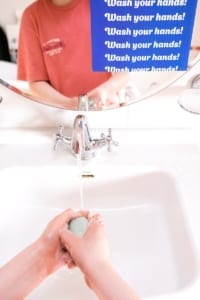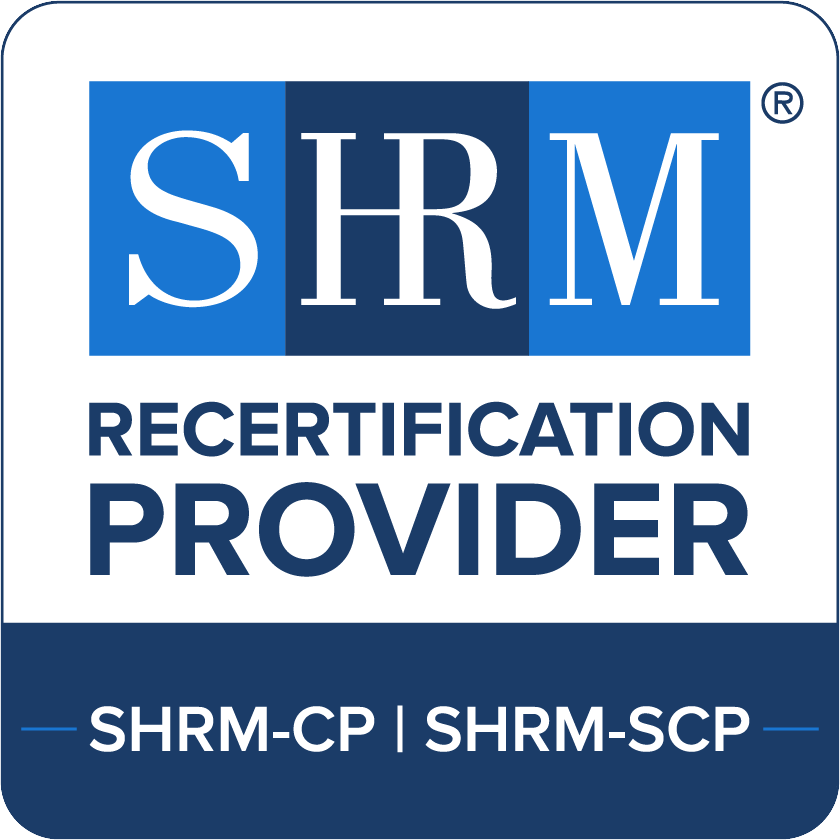 When is HR allowed to say “POOP???”
When is HR allowed to say “POOP???”
When we are doing everything we can to fight a pandemic, that’s when.
If you think that non-hand-washers are the rare and few exceptions among us, guess again. Employees, with increasing frequency, approach their managers and HR to report that some colleagues do not wash their hands after having used the bathroom. At that point, HR owns the unsavory task of having the conversation mothers used to have with us regarding “poopies” and why it’s important to wash up after going potty.
The Origin of the Handwashing Practice
Proper hand hygiene as a means of controlling diseases was originally introduced in 1847 by Ignaz P. Semmelweiss, a Hungarian obstetrician. Close to two centuries later, we have yet to convince everyone as to the enormous value of such a simple activity of daily life.
Some general handwashing stats to think about
We know (at least in principle) that it is bad to not wash our hands. But do we really know just how bad it is? Some facts we uncovered during our research were truly unsettling. For example, in the U.S.,
- 40% of people do not always wash hands after going to the bathroom
- 95% of people wash their hands incorrectly
- 33% of people do not use soap when washing their hands
- Fecal (“Poop”) matter has been found on 10 percent of credit cards, 14% of paper money, and 16 percent of cell phones
Our hands are the most instrumental tools for interacting with the world around us. On average, we come in contact with 300 surfaces every 30 minutes and, in the process, we are exposed to 840,000 germs. Properly handwashing with plain soap and water can reduce the presence of bacteria by up to 92%. As a result, handwashing can reduce the risk of respiratory infections by 16% and, in some studies that reduction is reported as high as 45%
Why should we care as employers?
Mull these facts over:
- The typical office desk harbors more than 10 million bacteria (that is 400 times more germs than what is found on a standard toilet seat!)
- There are more germs on our phone and keyboard than on a toilet seat
- Nearly 80 percent of illness-causing germs are spread by our hands.
So what? If our employees don’t care, why should we care about doing everything we can to promote good hand hygiene in our workforce? Because to do otherwise would hurt the business.
- Poor health and illnesses cost US employers $530 billion and 1.4 billion absences and impaired performance. And that was a pre-COVID-19 calculation.
What can we do to ensure our employees wash hands often and properly?
- Use signs and posters – research shows that a simple intervention such as posting friendly reminder signage in the restroom is enough for 40% of Americans to increase hand washing. Remember to periodically change them or move them to keep them top-of-mind to your employees. (Click here for a CDC poster highlighting the amount of germs in a gram of poop.)
- Invest in keeping your restroom facilities of high quality – Some of the reasons people offer for not washing their hands range from lack of supplies like soap or towels, to skin irritation from the soap being used, to being discouraged by a bad smell or an unclean handwashing area. Increasing cleaning frequency of restrooms and/or handwashing stations as well as providing employees with high-quality supplies such as soap or paper towels may be enough to invite them to wash those hands.
- Offer appropriate alternatives when handwashing is not a viable option – If access to restroom sinks or handwashing stations is not an option, make available CDC-approved hand sanitizers and/or gloves. In these cases, however, make sure you remind your employees that neither of those alternatives are an effective “replacement” to handwashing.
- Educate and Reinforce – Understanding the facts, the proper techniques and best practices and the “why” behind handwashing as an effective way to prevent the spread of diseases (and COVID-19, in particular) may increase awareness and counteract employees’ possible “optimism bias” (i.e., believing that bad things are less likely to happen to ourselves than they are to others). But awareness and understanding may not be enough. If you can shock them, awe them, entertain them via what you share and how you engage them, it will make it more memorable. (If they are tired of singing “Happy Birthday,” invite them to sub with their favorite song and generate their own poster by visiting this website.) Also, reminders at end of meetings or in email closings about staying safe and washing hands can continue to reinforce the importance you place as an employer to doing whatever you can to ensure your employees safety.
The facts don’t lie. The number one defense we have against the spread of COVID-19 is handwashing. And by handwashing, we mean doing it right – washing hands with soap and water for a minimum of 20 seconds following the wet–lather–scrub–rinse–dry sequence recommended by the CDC. Finding ways to promote that practice across our workforce will make us all healthier and more productive.
Do you have some creative ways you have used to promote hand washing among your employees? Drop us a note at [email protected] – we’d love to hear about it.
Stay safe and remember to keep “them paws” clean!












